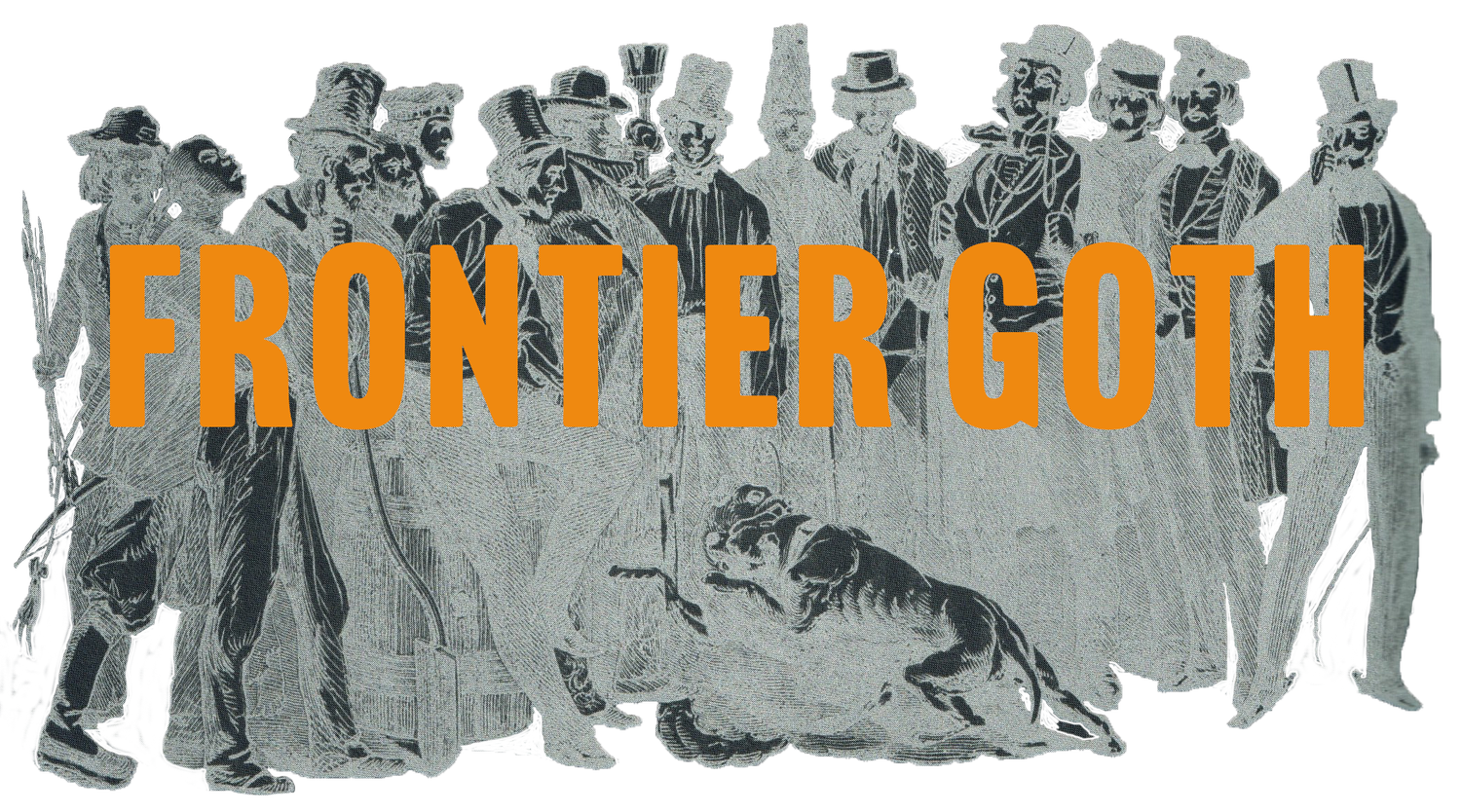Globes by Peter Sloterdijk
“Is culture as a whole not an overreaction to absence?”
&
”In this sense, all groups with close cultic integration, whether archaic or contemporary, rely on discrimination mechanisms—they cannot exist without enemies or victims, and therefore depend on the constant repetition of their lies about the enemy to build up the necessary degree of autogenous stress for internal stabilization.”
&
”The manifold subcultures of modern social systems—whether organizations or private contexts—form colorful fleets of arks on every scale that navigate self-referentially in a flood of environmental complexity that will never sink again. But one no longer sends doves to fly from one’s own scene so that they can show with a green twig in their beak that things are simple again outside. Postmodernity abandoned the dream of landing after the flood; now the flood is the land. Where only absolute houses are left, each in its own drift, returning to what was once called land has become impossible.”
&
”Different people experience themselves first of all as different odors. The etymological kinship between the Lain word odor (‘smell’) and odium (‘hatred’) points from a distance to the nasal clash of civilizations—though this only ever means encounters between stinking groups or their representatives, not an actual collision of two miasmic landscapes, as the actually dominant stench sources naturally remain stationary, almost possessing the stability of holy places. Like the temples, the sewers have a specific space-disclosing power; it is only the stabilitas loci of both that expresses the full gravity of a land appropriation and a marriage between the people and the ground. In this respect, all settled cultures before the hygiene revolution of the late eighteenth century were subject to a bifocal system of place consecration and ground definition—perceptible in the homely twofold aura of pleasant smells and maismas, which mingled from the start.”
&
”In Platonic recycling, everything becomes food of the gods: this means that in the cosmic anal-oral system, either the excretions themselves have the character of haute cuisine or the mouth of the divine orb is sensually indifferent, making no distinction between ambrosia and feces.”
&
”Humans create their own climate—not of their own free will, however, under self-chosen circumstances, but under found, given and handed-down ones. The tradition of all dead climates burdens the moods of the living like a nightmare. What began with the first fires—as Vitruvius’ intimations suggest—namely the gathering of people around a pleasant center, a magna commoditas, an attractive pampering, remains the basis technology of solidarizing group creations to the end. Society is its room temperature, it is the quality of its atmosphere; it is its depression, it is its clearing up; and it is its fragmentation into countless local microclimates.”
-Peter Sloterdijk, 1999


